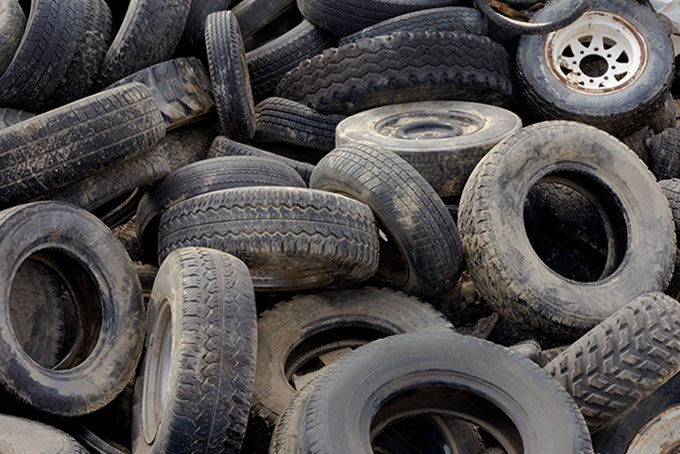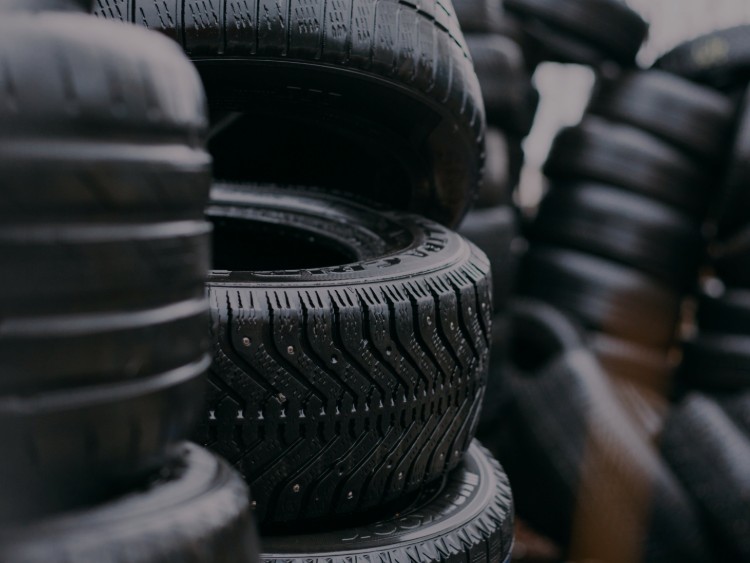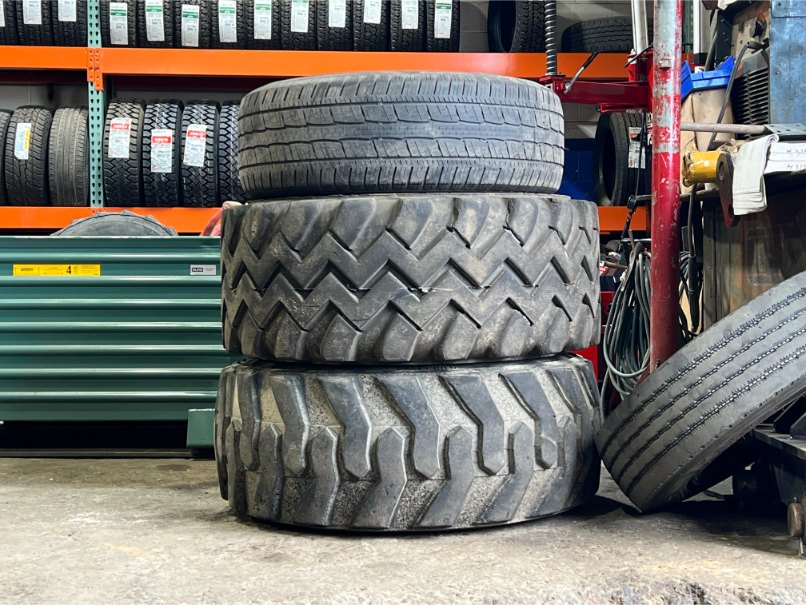The issue of tyre waste has long posed a significant environmental challenge for India and the world. Every year, millions of end-of-life tyres (ELTs) are discarded, often dumped in landfills, burned, or left to pollute landscapes and waterways. However, the landscape is now shifting thanks to progressive policies like Extended Producer Responsibility (EPR), which have introduced a transformative mechanism: EPR credits.
By encouraging sustainable waste management and promoting circularity, EPR credits are not just driving accountability—they are turning tyre waste into tangible value. At the forefront of this movement is Regrip, a leader in tyre recycling solutions that is helping stakeholders comply with EPR norms while embracing greener practices.
What Is EPR and How Do Credits Work?
Extended Producer Responsibility (EPR) is a regulatory approach wherein producers, importers, and brand owners (PIBOs) are made responsible for the end-of-life management of their products. In the case of tyres, producers are mandated by the Ministry of Environment, Forest and Climate Change (MoEF&CC) to ensure that a certain percentage of used tyres is collected and processed through authorized recyclers.
To demonstrate compliance, companies must obtain EPR credits, which serve as proof that a defined quantity of tyre waste has been processed in an environmentally sound manner. These credits are issued by certified recyclers like Regrip, who collect, process, and report tyre recycling data to the central government portal.
Why EPR Credits Are a Game-Changer in Tyre Recycling
1. Incentivizing Responsible Waste Management
EPR credits incentivize companies to take active responsibility for the post-consumer phase of their products. This not only helps in reducing illegal dumping and open burning of tyres but also ensures that valuable materials such as rubber, steel, and carbon black are recovered and reused. Companies that fail to meet their EPR targets face regulatory penalties, making it essential to partner with credible recyclers like Regrip.
2. Encouraging Investment in Recycling Infrastructure
The demand for EPR credits has driven increased investment in recycling infrastructure. Modern facilities equipped with advanced shredding, pyrolysis, and devulcanization technologies are springing up across India. Regrip, for example, is actively expanding its operations to serve this growing demand and ensure compliance for its partners.
3. Boosting the Circular Economy
By converting waste tyres into reusable raw materials, EPR credits support the transition from a linear economy to a circular one. Recovered rubber can be used in road construction, athletic tracks, flooring, and new tyre production, while extracted steel can go back into industrial use. EPR is essentially monetizing waste, allowing companies to both comply with environmental regulations and unlock economic value.
Regrip: Your Trusted Partner in EPR Credit Management
Navigating EPR compliance can be complex, especially for small and mid-sized tyre producers or importers. That’s where Regrip steps in. With a deep understanding of India’s tyre recycling ecosystem, Regrip offers end-to-end solutions that simplify EPR credit procurement and reporting.
Our Services Include:
-
Waste Tyre Collection: Sourcing and transporting end-of-life tyres from approved sources.
-
Certified Processing: Processing tyres using MoEF&CC-approved technologies and facilities.
-
Credit Issuance: Generating verified EPR credits through the official government platform.
-
Compliance Support: Assisting clients with EPR registration, reporting, and audits.
With a commitment to transparency and sustainability, Regrip ensures that clients not only meet legal obligations but also contribute meaningfully to India’s environmental goals.
Challenges and the Road Ahead
While EPR credits have significantly boosted recycling rates, there are challenges to be addressed. These include:
-
Lack of Awareness: Many small producers remain unaware of their EPR responsibilities and risk non-compliance.
-
Fake Credits & Unverified Operations: Some entities issue credits without actual recycling, undermining the system’s integrity.
-
Technology Gaps: Inconsistent quality and availability of recycling technologies can limit efficiency.
To overcome these barriers, there is a need for stricter monitoring, digital traceability, and public-private collaboration. Companies like Regrip are leading the way by integrating digital solutions and transparent reporting into their operations.
Conclusion: A Cleaner Future Through EPR
The implementation of EPR credits has redefined how India manages tyre waste. What was once a serious environmental burden is now an opportunity for economic and ecological benefit. By creating a market for waste and pushing for accountability, EPR is reshaping the tyre recycling industry for the better.
As the government continues to refine its policies and compliance deadlines, businesses must act swiftly to align with the EPR framework. With partners like Regrip offering reliable, end-to-end recycling and EPR credit solutions, achieving sustainability is not only possible—it’s profitable.
Ready to Turn Waste into Value?
Partner with Regrip for reliable tyre recycling and EPR credit compliance.
📞 Call: +91 90575 99924
🌐 Visit: https://regrip.in
📧 Email: [email protected]
Let’s drive India toward a cleaner, greener future—one tyre at a time.








